Why can't we all admit that violent video games are sick?
Trump is absolutely right about the hideous violence of video games. Why can't the rest of us admit it?

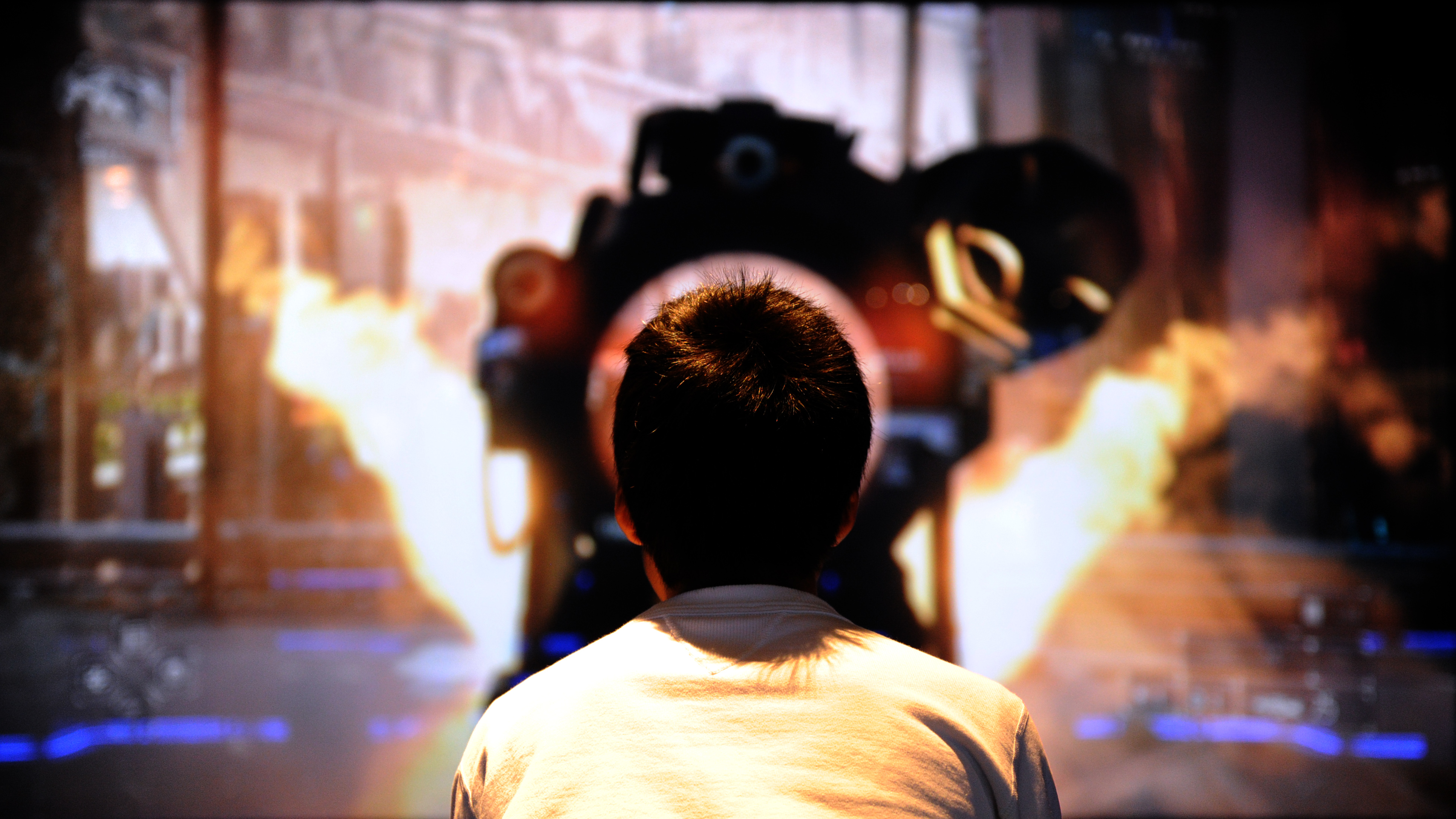
A free daily email with the biggest news stories of the day – and the best features from TheWeek.com
You are now subscribed
Your newsletter sign-up was successful
I remember it like it was yesterday. I had just robbed a drug dealer and was peeling out in my getaway car — also stolen — and thinking about my next score when I saw her: a woman in high heels and a very small bathing suit. She motioned towards me and I let her get in the car. We performed a blurry parody of marital intercourse. After she got out of the vehicle, I ran her over. Then Judas Priest came on the radio. I cranked the volume and roasted the tires of my sports car beneath the orange moon.
Because I was 13 years old and the above scene was unfolding on my friend's PlayStation, I am not writing this column from a maximum security prison.
Grand Theft Auto was something very different from any video game I'd ever played. Before that my experience with games was mostly confined to jumping on the heads of anthropomorphic mushrooms and rescuing cartoon elf princesses from the clutches of evil sorcerers with the help of a magic triangle. At the time I found playing Grand Theft Auto to be a hilarious and exhilarating experience. Now the memory of that afternoon fills me with shame. I am glad my mother refused to consider buying the game.
The Week
Escape your echo chamber. Get the facts behind the news, plus analysis from multiple perspectives.

Sign up for The Week's Free Newsletters
From our morning news briefing to a weekly Good News Newsletter, get the best of The Week delivered directly to your inbox.
From our morning news briefing to a weekly Good News Newsletter, get the best of The Week delivered directly to your inbox.
When President Trump dared to suggest last week that "the level of violence on video games is really shaping young people's thoughts," he was denounced with the uniform hectoring intensity that meets his every utterance. Hundreds of pages of digital ink was spilled pointing out that, actually, there is no proven connection between digital mayhem and the massacres that have become a commonplace part of American life. Even The Associated Press felt the need to include the catty pseudo-observation that "decades of research have failed to find such a link" in its short write-up of Trump's meeting with executives from the gaming industry on Thursday.
What does it mean to say that there is no connection? Virtually every single one of the pasty psychos who have shot their classmates and teachers in the last two decades has played such games. What would count as evidence? Notes from the killers acknowledging their massive debts to Sniper Elite 4 in the plain, logical English for which murderous lunatics are known?
I cannot understand why even positing the notion of a relationship between games and the behavior of those who play them is taboo. Does anyone think that misogyny in films and television and music does not shape men's attitudes toward women, that it has no consequences in the real world? A thousand #MeToo takes suggest otherwise. Why, then, are video games the exception? Why is it the default position of every commentator that spending hundreds, even thousands of hours acting out scenes like the one I described above has no ramifications for the way young people — the majority of them male — feel and behave? How do people who accept the existence of concepts like microaggressions and rhetorical dog-whistling convince themselves that indulging an appetite for murderous rage could have no discernible effects on the imaginations of impressionable young people?
Let me put it another way. If someone created a video game in which it was possible to grope or even rape women, as opposed to just cutting off their heads with a chainsaw or shooting them in the face with machine guns, would we still consider it a harmless diversion unlikely to disfigure the imaginations of players? What about a game where the user was allowed to molest children? Why is pretending to be a killer okay?
A free daily email with the biggest news stories of the day – and the best features from TheWeek.com
One does not have to be able to demonstrate a formal causal link — whatever that would look like — between the hideous violence of many video games and real-life acts of mass murder to recognize that the former are contributing to something sinister. In a thousand less pronounced ways games have altered the way an entire generation of men relate to one another and the world. Murdering one's classmates and teachers is not the only way of being evil.
One of the ludicrous dogmas of the modern world is the notion that the media we consume cannot influence us for the worse. Virtually everyone agrees that it is possible to be deeply moved by watching a film or hearing a song. We are all familiar with lachrymose paeans to the virtues of reading, which is supposed to be able to make us more open-minded and empathetic and every other vaguely positive-sounding adjective you care to suggest. Why do we pretend that the reverse is not true in a medium that is designed to be immersive and interactive, to give the vivid impression of really being there?
Not everyone who slaughters innocent people in a digital world goes on to commit similar acts in the real one (if they did there wouldn't be any of us left). That doesn't mean these experiences are innocuous.
Matthew Walther is a national correspondent at The Week. His work has also appeared in First Things, The Spectator of London, The Catholic Herald, National Review, and other publications. He is currently writing a biography of the Rev. Montague Summers. He is also a Robert Novak Journalism Fellow.
-
 Local elections 2026: where are they and who is expected to win?
Local elections 2026: where are they and who is expected to win?The Explainer Labour is braced for heavy losses and U-turn on postponing some council elections hasn’t helped the party’s prospects
-
 6 of the world’s most accessible destinations
6 of the world’s most accessible destinationsThe Week Recommends Experience all of Berlin, Singapore and Sydney
-
 How the FCC’s ‘equal time’ rule works
How the FCC’s ‘equal time’ rule worksIn the Spotlight The law is at the heart of the Colbert-CBS conflict
-
 Retired police captain's shooting death broadcast on Facebook Live
Retired police captain's shooting death broadcast on Facebook LiveSpeed Read
-
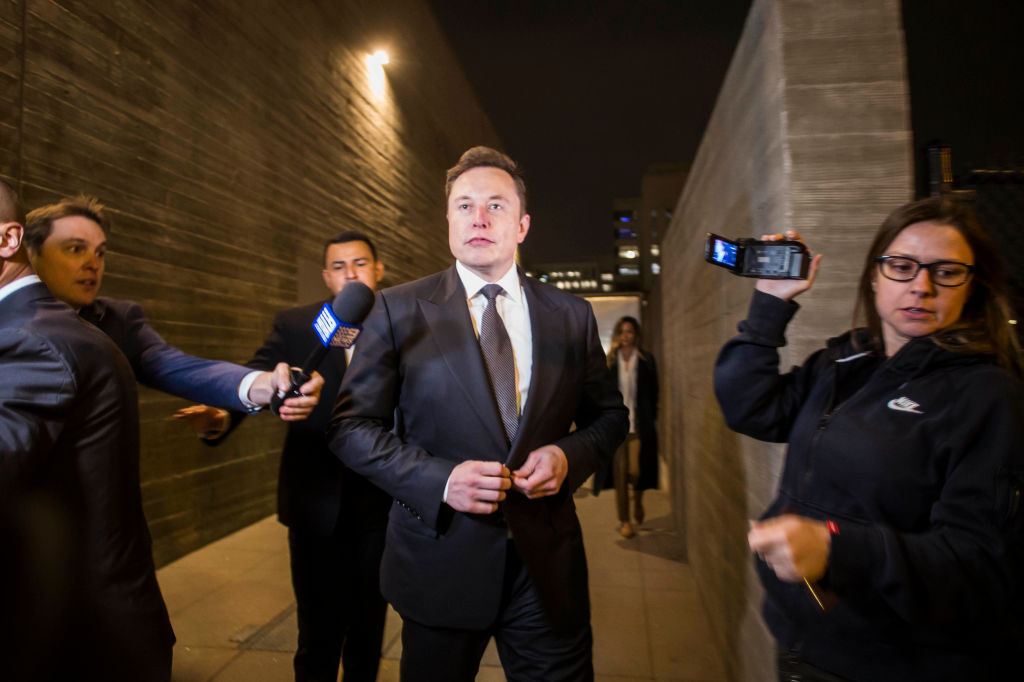 Elon Musk argues his 'pedo guy' insult wasn't literal because 'if you add guy to something, it's less serious'
Elon Musk argues his 'pedo guy' insult wasn't literal because 'if you add guy to something, it's less serious'Speed Read
-
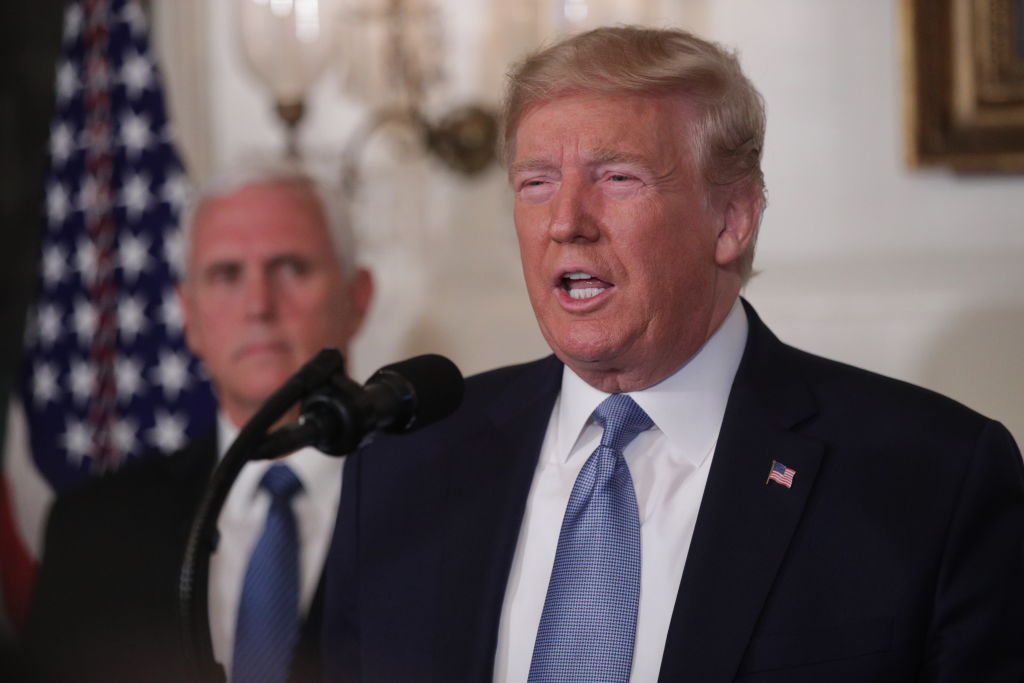 Trump campaign regularly posted ads on Facebook using the word 'invasion'
Trump campaign regularly posted ads on Facebook using the word 'invasion'Speed Read
-
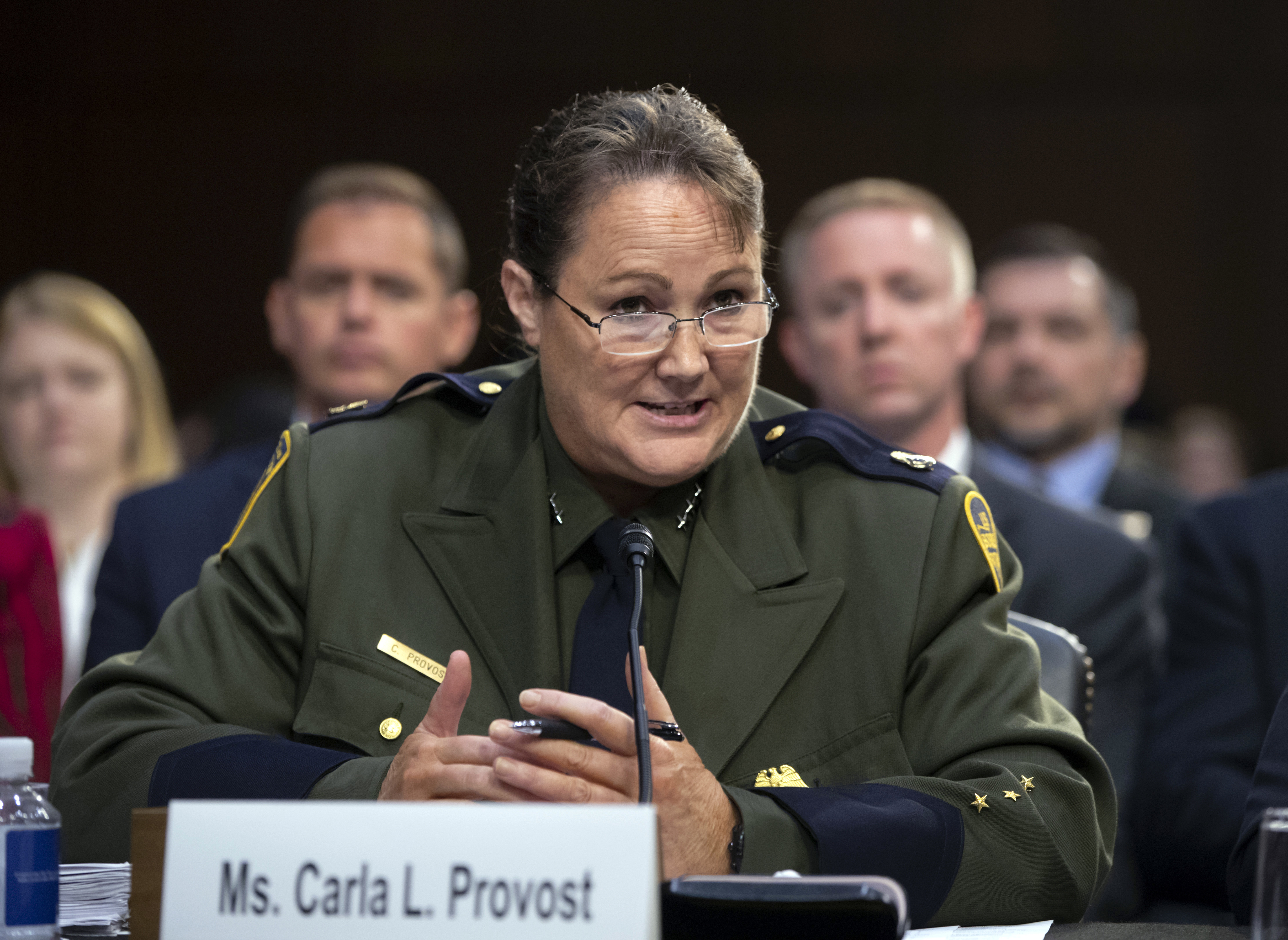 Border Patrol chief condemns 'completely inappropriate' private Facebook group for agents
Border Patrol chief condemns 'completely inappropriate' private Facebook group for agentsSpeed Read
-
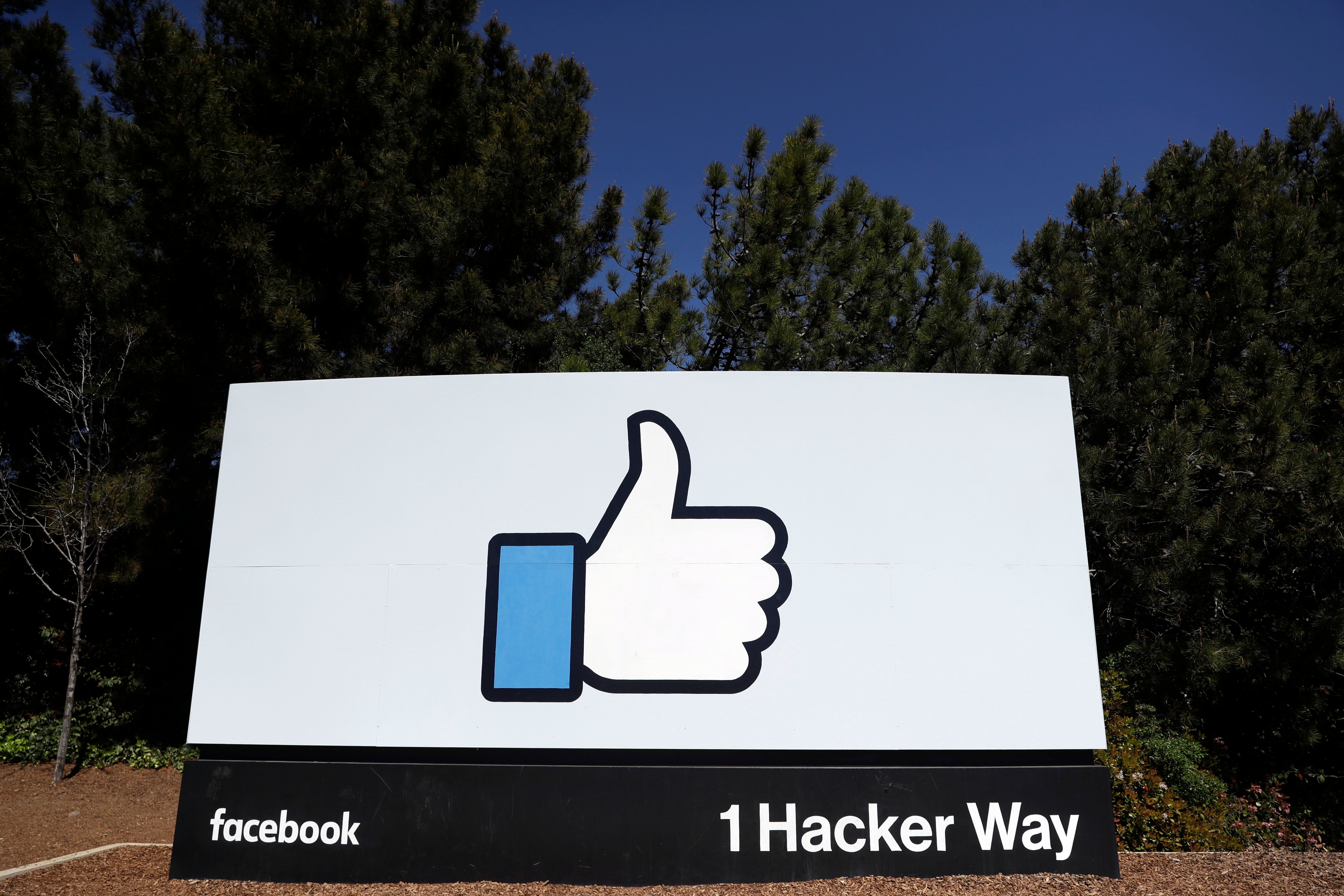 Facebook evacuates offices after poison possibly detected at mailing facility
Facebook evacuates offices after poison possibly detected at mailing facilitySpeed Read
-
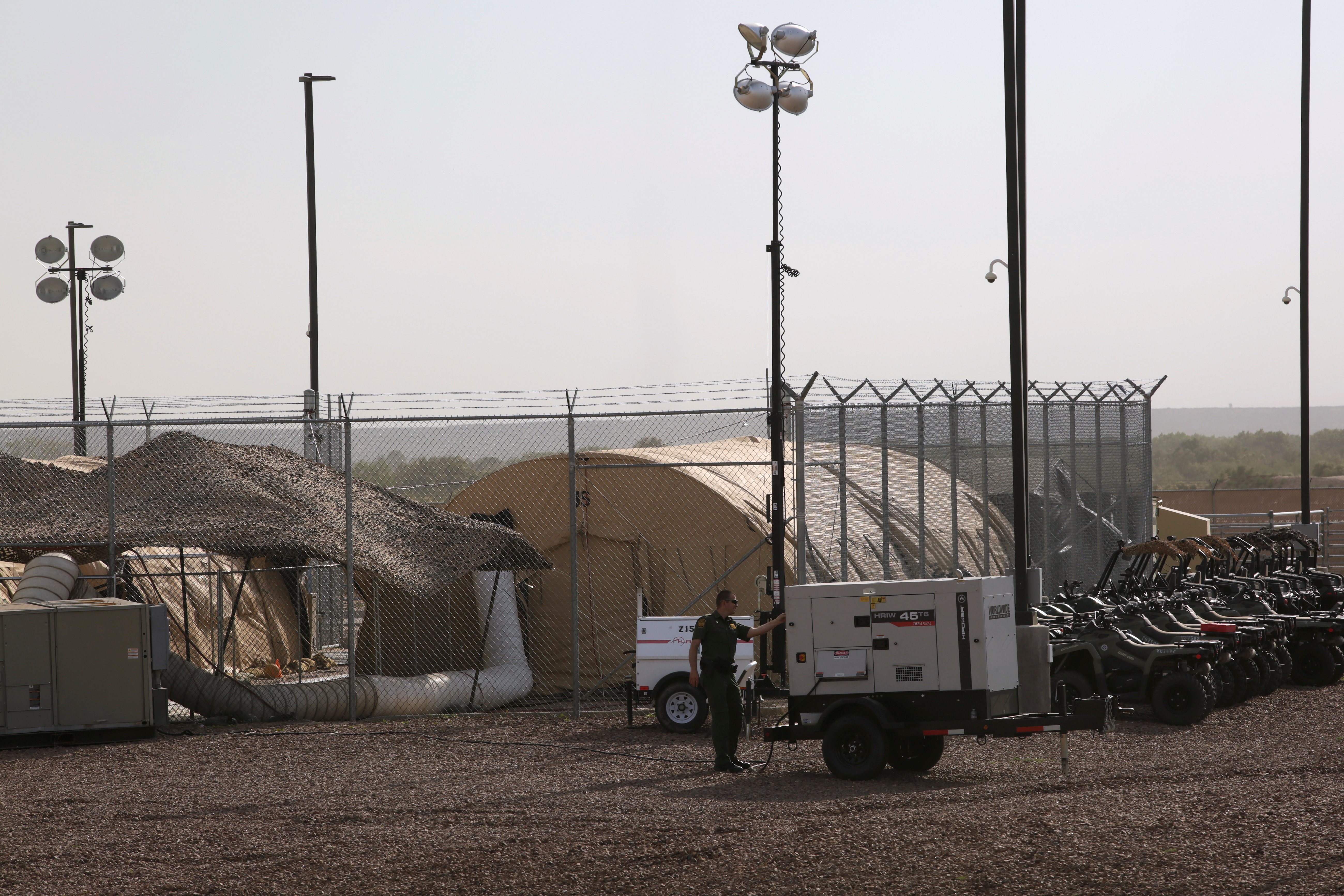 Border Patrol agents reportedly mock migrant deaths in private Facebook group
Border Patrol agents reportedly mock migrant deaths in private Facebook groupSpeed Read
-
College student uses Snapchat gender swap filter to nab alleged predator cop
Speed Read
-
Elon Musk will head to trial for calling a cave diver a pedophile
Speed Read
